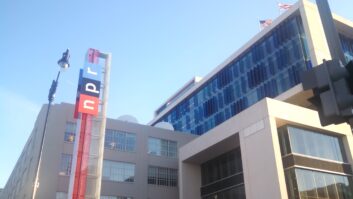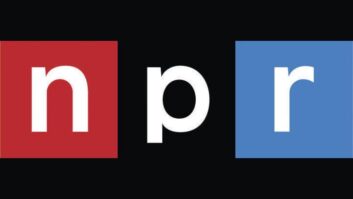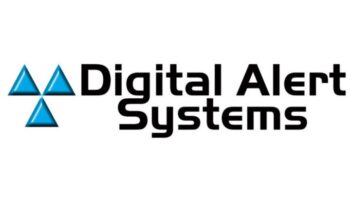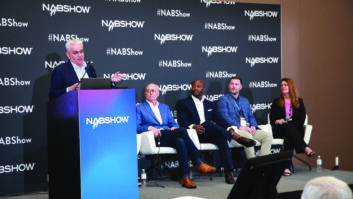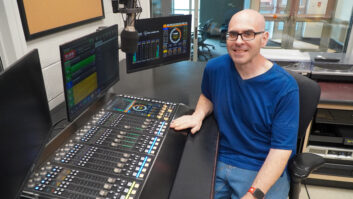National Public Radio wants to test whether it’s feasible for non-commercial stations using Ibiquity Digital’s HD Radio technology to send out two programming streams on each station. NPR has begun a multi-year, multi-million dollar project called Tomorrow Radio to do just that.
Kenwood USA and Harris Corp. have agreed to join the first test team for the project.
NPR EVP Ken Stern said, “Tomorrow Radio represents our commitment to making HD Radio an important new development in delivering programming and services.”
NPR has been working with Ibiquity for a special solution with its IBOC technology. Not using Ibiquity’s blend to analog feature creates issues for receiver manufacturers to resolve in designing radios capable of receiving two channels for each non-commercial station.
Kenwood USA plans to test the so-called “second audio” concept later this year at KKJZ(FM), Long Beach, Calif. Harris Broadcast will provide the RF equipment.
A major question all involved companies hope the tests will answer is whether splitting a station’s spectrum into two channels would still allow those streams to be robust enough to withstand a mobile environment.
Kenwood will test new radio receiver designs with new digital services, from supplemental audio channels to customized services such as zoned traffic announcements, weather reports and market quotations. Kenwood will also test a variety of consumer-defined choices, from high quality text-to-speech annunciation to customized graphic displays.
“Kenwood and NPR have been allies in the rollout of the Sirius Satellite Radio service, and we look forward to benchmarking new features into the Kenwood product line as a result of this initiative,” said Bob Law, Kenwood USA’s senior vice president.
NPR believes it will take about 10 years for all public radio stations to become fully compatible with HD Radio. During the dozen years it took for HD Radio to become a reality, NPR member stations prepared for the transformation by upgrading to digital interconnection and production systems. Today, its stations are near the final phase of digital conversion.
WUSF(FM), Tampa, Fla. recently announced a digital upgrade of its transmission system provided by Harris.
“NPR and its stations have never thought of digital radio as just a technical, transmission or experimental activity; it is a holistic undertaking, dependent on manufacturing support from receiver and transmission partners to deliver meaningful new public services,” said Mike Starling, NPR’s vice president for engineering and operations.
NPR, Kenwood, Harris To Test Second Digital Channel Concept
NPR, Kenwood, Harris To Test Second Digital Channel Concept
